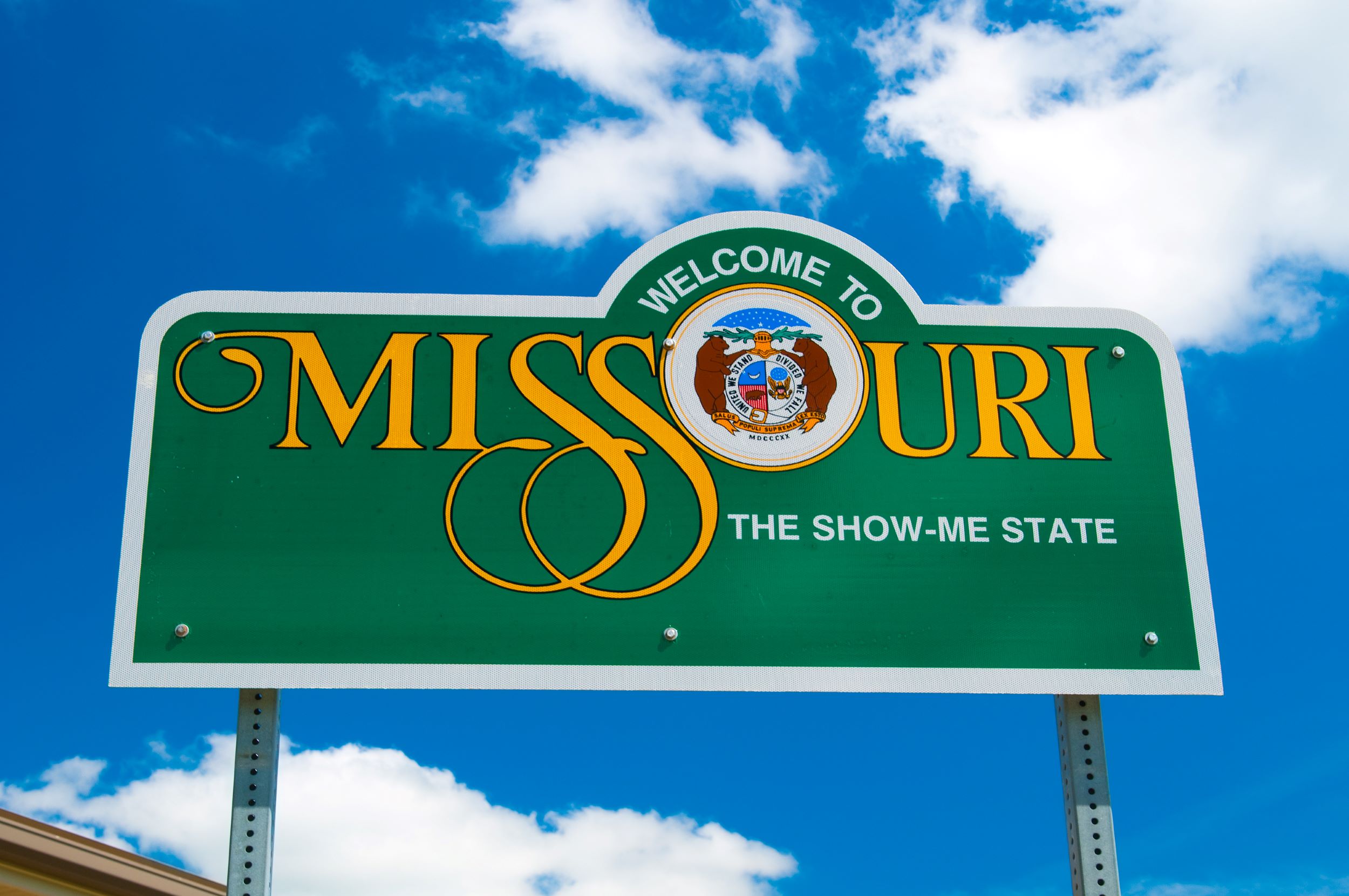Exploring the Impact of New Tax Deduction for Tipped Workers

The U.S. tax environment is constantly adapting to new legislation, and a recent change introduced in the “One Big Beautiful Bill Act” has spotlighted a new above-the-line tax deduction centered on qualified tips. This article explores the past and present landscape of tip taxation and uncovers the ramifications of this new deduction for employees in tip-reliant fields.
Previous Legislation on Tip Declaration and Employer Obligations - Historically, U.S. tax regulations have mandated that employees declare to their employers any monthly tips amounting to $20 or more from that employer by the 10th day of the following month. Employers were then tasked with deducting FICA (Social Security and Medicare) and income taxes on these declared tips. These amounts were included on the employee's Form W-2 for the income tax return. It is worth noting that neglecting to report tips could trigger a penalty from the IRS, often equating to 50% of the employee's share of FICA taxes on the unreported tips.

In addition, larger food and beverage venues—those with the customary practice of tipping and ten or more employees—have, for over 40 years, been required to allocate tips among employees. This allocation was to ensure that employees' declared tips reached at least 8% of the establishment’s total sales. If the reported tip amounts were lower than this figure, the employer was required to adjust allocations to cover the shortfall.
An intriguing aspect of prior legislation was the Employer Social Security Credit, an option allowing food and beverage venues to receive credits for Social Security taxes paid on employee tips. This credit was calculated using IRS Form 8846 and was applicable to the ‘excess’ employer social security tax on reported tips beyond certain minimum wage levels.
Unveiling the New Above-the-Line Deduction for Qualified Tips - With the enactment of the One Big Beautiful Bill Act, employees in designated tip-based professions gain a notable tax advantage: an above-the-line deduction up to $25,000 for qualified tips. This deduction, however, is temporary, available only from 2025 to 2028. The $25,000 limit applies per tax return, not per individual, which means the deduction cap is consistent across all filing statuses.

Above-the-Line Deductions - These deductions are taken from gross income to calculate the adjusted gross income (AGI), providing tax reductions regardless of whether taxpayers choose the standard deduction or itemize. Furthermore, these deductions can affect eligibility for other tax benefits tied to AGI thresholds. While qualified tips up to the deduction limit are exempt from income tax, these tips are still subject to FICA withholdings, and tips received by self-employed individuals may still necessitate self-employment tax payments.
-
Qualifications for Tips - For tips to count towards this deduction, they must be:
o Voluntarily given,
o Paid without imposing any obligation for non-payment,
o Non-negotiable with the amount set by the payer.
o The business receiving the tip should not fall under the specified trade or business under Sec 199A(d)(2), and
o Comply with additional criteria established by future regulations.
This provision is applicable to both W-2 employees and independent contractors who receive tips through various means such as 1099-K or 1099-NEC, provided the profession is recognized as valid by the Treasury Department. The government is expected to release a list of eligible professions by early October 2025. -
Including Tips in Business Operations (Self-Employment):
o Part of Business Income: Tips earned through self-employment activities must be accounted for as part of the business’s gross income.
o Eligibility for Deduction: Self-employed tips are eligible for a deduction within the set limits ($25,000 max annually) provided the business receiving the tips qualifies. However, if business deductions exceed gross income, including tips, the tip deduction will be restricted. -
When the Deduction is Unavailable - Certain scenarios prevent claiming this deduction:
1. Specified Service Businesses: Tax rules distinguish between general and specified service trades or businesses as outlined in Section 199A(d)(2). Workers within specified service sectors, like health care, law, accounting, and consulting, are excluded from this deduction. These professions often rely heavily on individual skill or reputation.
2. Income-Based Reduction - The computation of this deduction is further complicated by the income-based reduction rule. For incomes surpassing $150,000 (or $300,000 for joint filers), the deduction is curtailed by $100 for every $1,000 exceeding the threshold.
3. Filing Status – Married taxpayers must file jointly to qualify for this deduction.
4. Social Security Number (SSN) Requirement: A valid SSN that is work-eligible is necessary to claim the deduction, ensuring alignment with IRS income records. -
Expanded FICA Tip Tax Credit - Another significant amendment in the One Big Beautiful Bill Act is the broadened FICA tip tax credit, extending its reach beyond food and beverage sectors to include beauty services. Now, businesses providing hair care, nail services, esthetic, and spa treatments can claim a credit for a portion of Social Security taxes on employee tips. This recognizes the prominence of tipping within these additional service sectors, correcting an oversight from previous legislation.
The introduction of the above-the-line deduction for qualified tips in this new regulation marks a pivotal shift, recognizing the unique nature of tip income in the current economic climate. By directly influencing taxable income reduction from AGI, it offers substantial tax relief for qualifying workers. However, the nuances involving eligible professions and the exclusion of high earners add complexity to the tax landscape, underlining the importance for individuals in these industries to consult tax professionals in order to optimize benefits under this new provision. Moreover, the enhanced FICA tip credit provides additional support for sectors historically underestimated by tax policy, reflecting an ambitious step toward fiscal adaptation in a modern workforce.
If you are a tipped employee, self-employed individual, or an employer wanting guidance on recent tax adjustments, contact our expert team based in Huntsville, Alabama for advice tailored to your specific circumstances.
Want tax & accounting tips and insights?
Sign up for our newsletter.